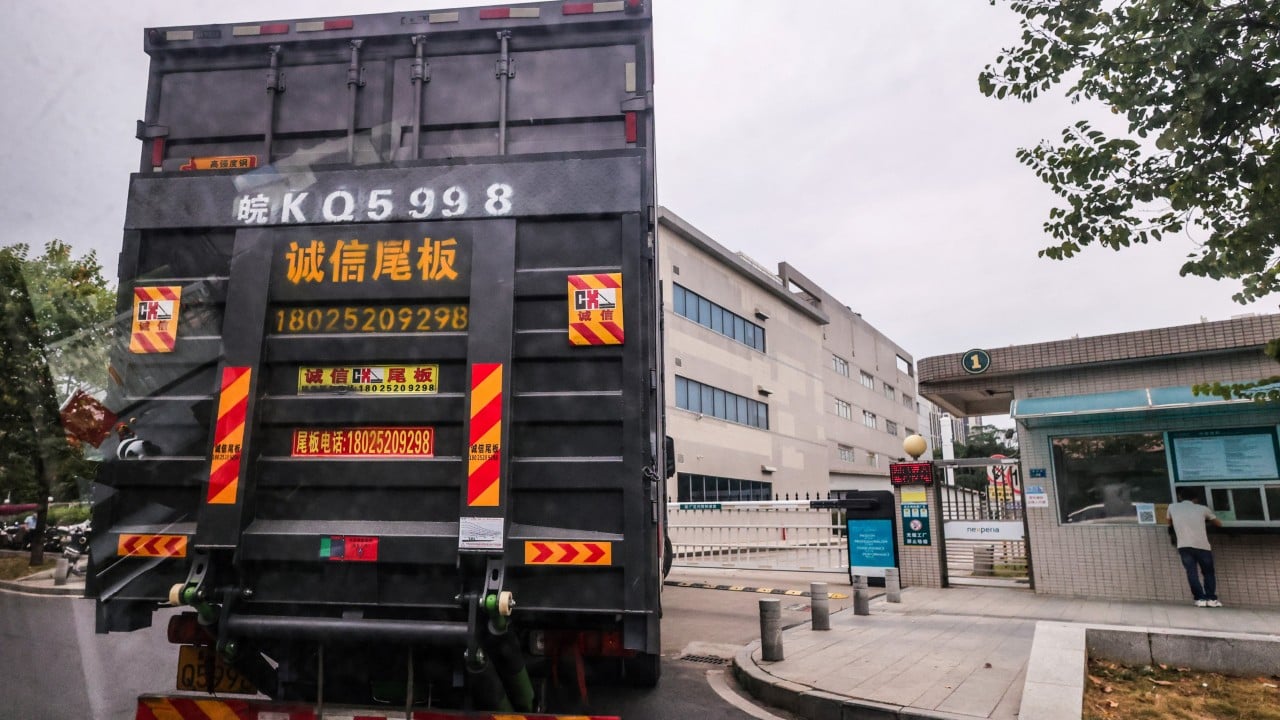The Netherlands has discovered that it could end up hemmed in by its technological prowess. A day after the United States tightened export controls on Chinese companies on September 29, the Dutch government moved to take control of Nexperia, a Chinese-controlled chipmaking firm.
Advertisement
This coordinated act of carrying out US containment policy triggered a cascade that exposed the cost of the Netherlands being indispensable but not impartial. It likely prompted China’s decision to use rare earth restrictions as a counterstrike, feeling that its response must be appropriately global given the coordination of the US and its proxies.
Last week, the Dutch government suspended its invocation of the Cold War-era law that allowed it to take control of Nexperia. However, the Dutch court ruling which suspended the voting rights of the firm’s Chinese parent company and removed the Chinese CEO Zhang Xuezheng remains in force. Thus, while the Dutch government has chosen to move away from intervention, the judicial supervision of Nexperia’s corporate governance continues separately.
The change in the Netherlands’ position appears to have been prompted by the meeting between Chinese President Xi Jinping and US President Donald Trump in Busan, South Korea on October 30. Among the agreements reached between the two leaders was a pledge by Trump to pause the expanded export controls from September, which appears to leave the Netherlands high and dry, without support from the US or Europe. Even if Washington and The Hague initially coordinated on implementing export controls, their response to China’s own controls has been fragmented.
In addition, the Netherlands faces practical limitations in exercising control over Nexperia. Having legal control over the company headquarters and R&D facilities does not give the Dutch government full control of the firm when much of its manufacturing takes place in China. This became apparent when China’s export controls blocked the availability of Nexperia products to customers in the automotive industry.
Advertisement
Collateral damage from the US-China tech war is spreading into other countries and regions. By acting in coordination with the US, the Netherlands caused economic suffering among its European neighbours and undermined its global standing. Nationalising the control of foreign assets on a thin legal pretext is inconsistent with the reputation for commercial integrity that the Netherlands has built up over the course of centuries.


